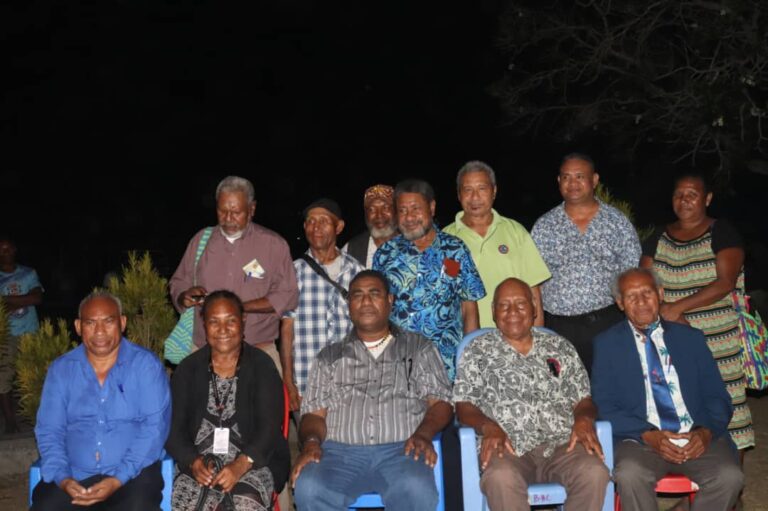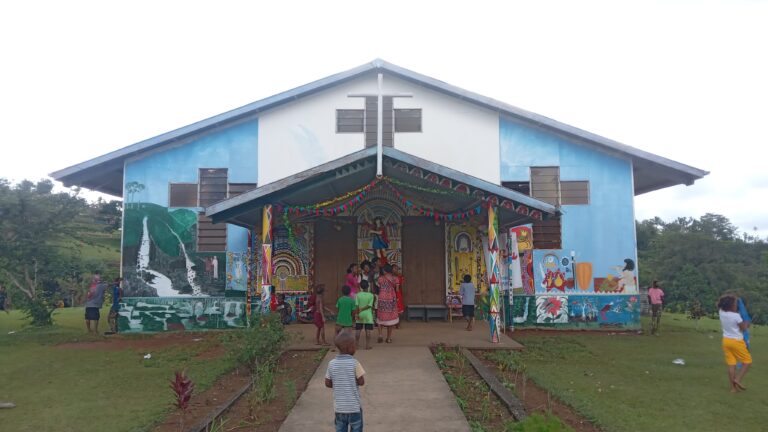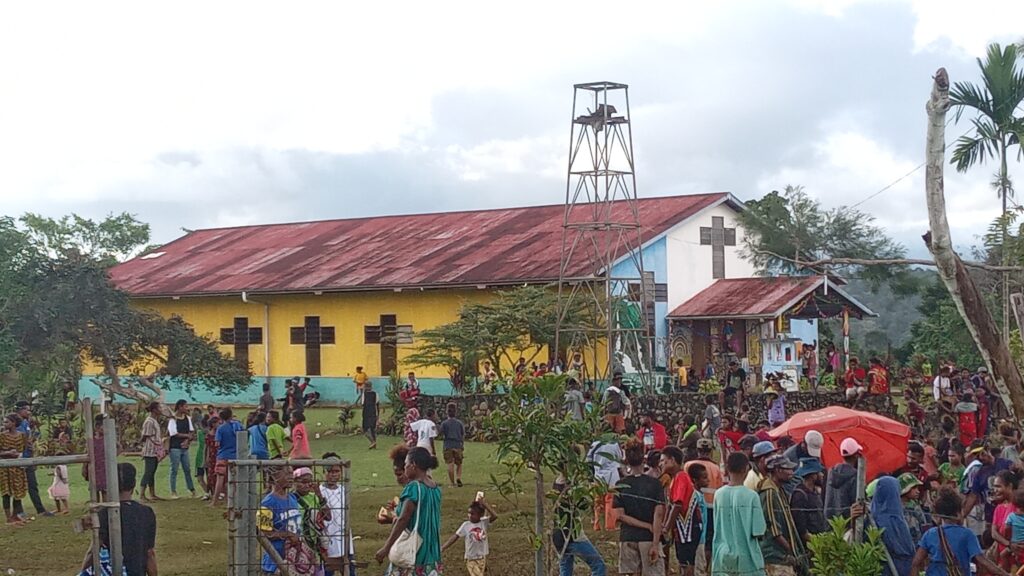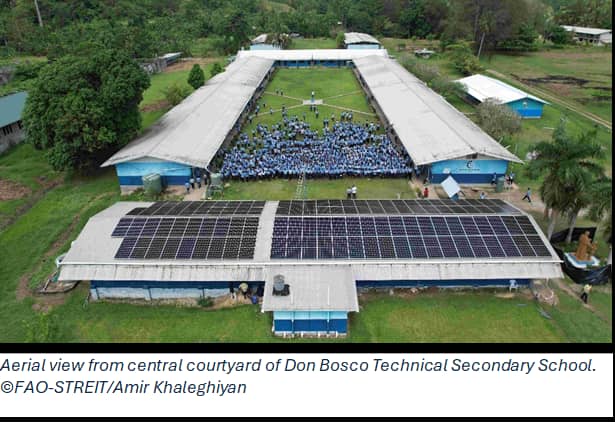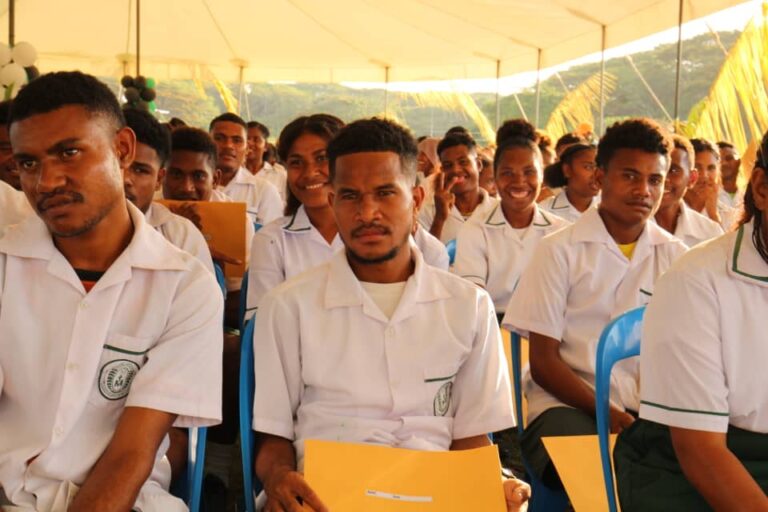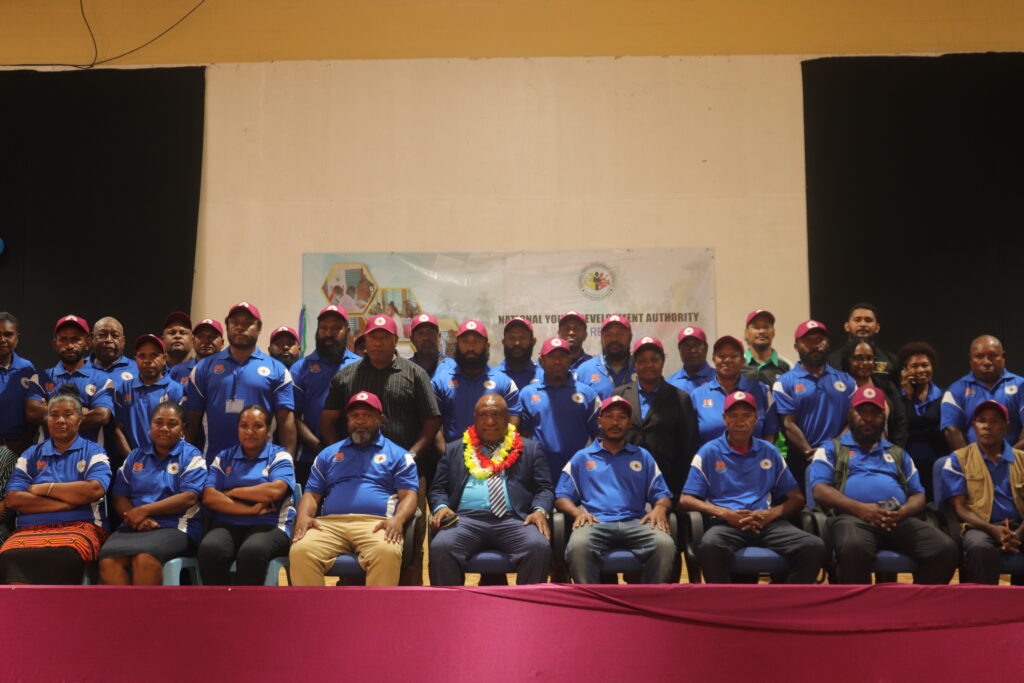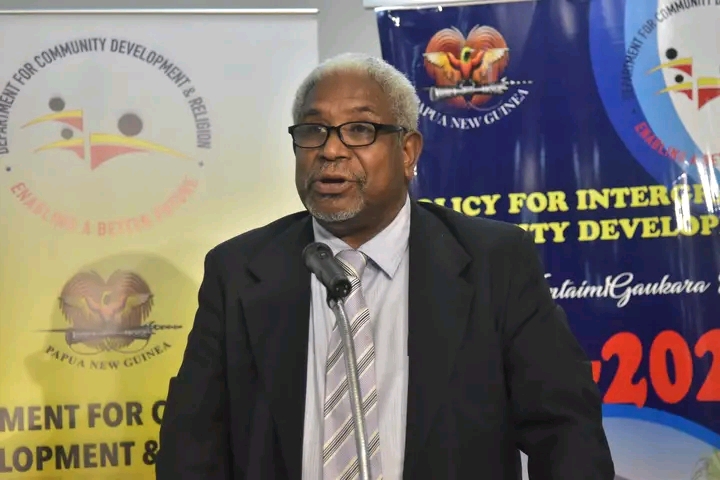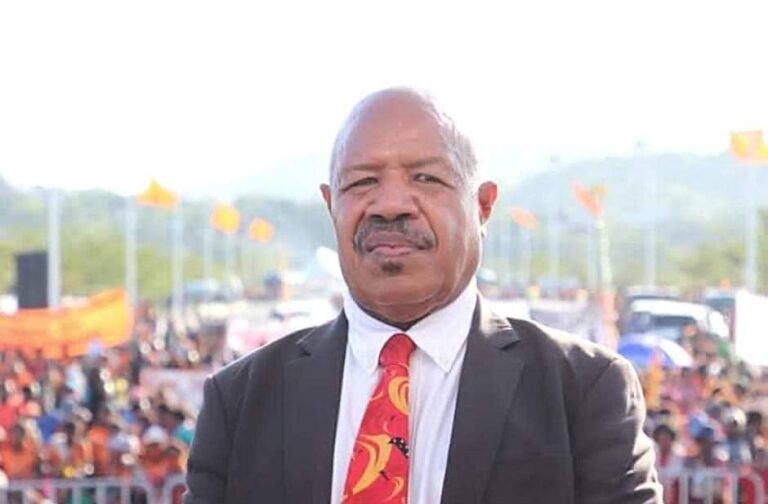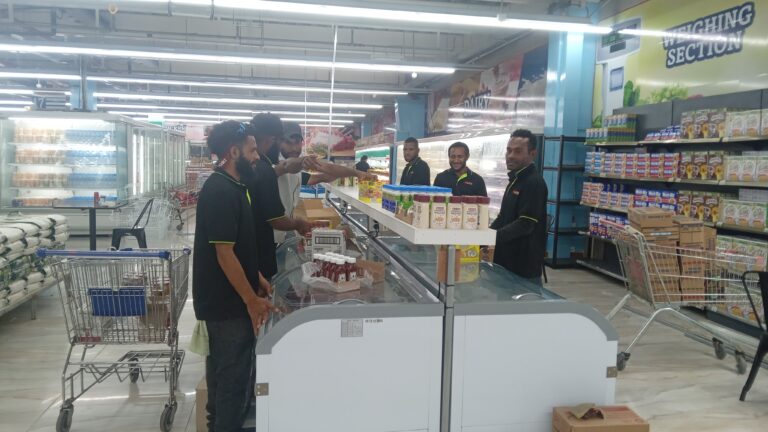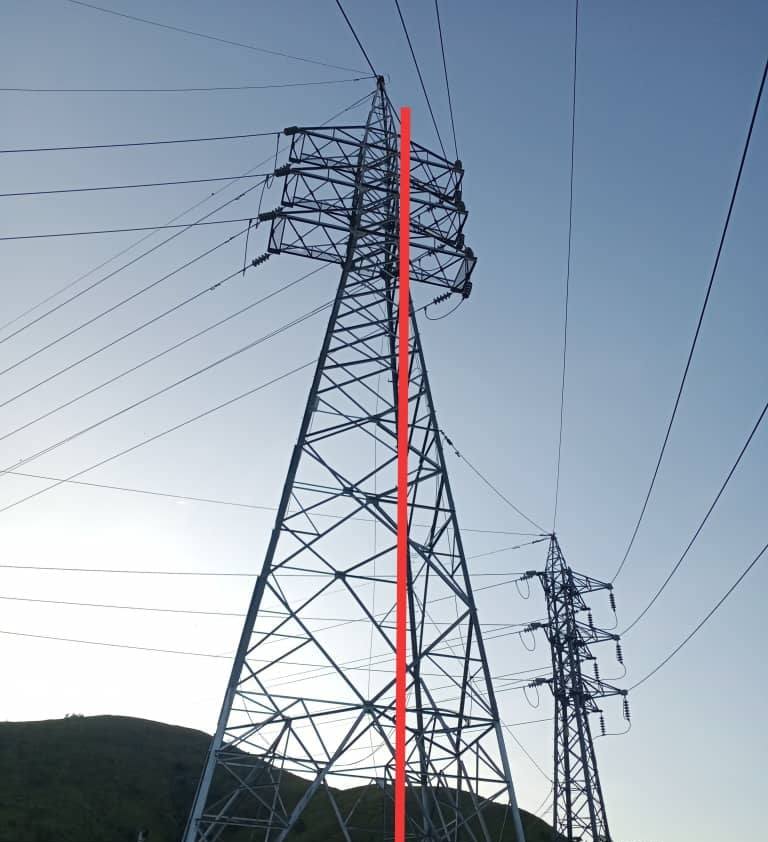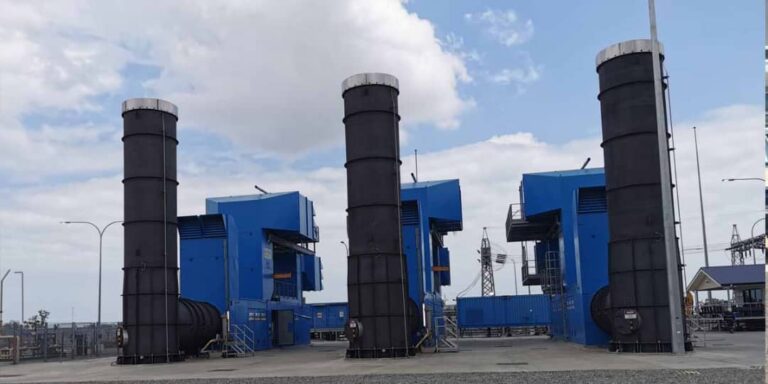Kairuku District Development Authority (DDA) is prioritizing the upgrade of all feeder roads in the newly created district.
Last week, the DDA board met and approved one million kina (K1m) to commence the upgrade in both East and West Mekeo.
Local MP, Peter Ioaimo said the contract has been awarded to two local contractors, Auka Constructions and Behos Constructions.
He said as a district administration government, they want to see growth in the MSME contractors.
Many of the contractors just recently registered their businesses.
“We are helping small MSME’s to grow their business. These are little contractors that we have allocated funding.
“Many have just incorporated business names and companies just 12 months ago. We give an opportunity for them to do up all the selected feeder roads.”
With the DDA board’s approval, 40% of the full payment will now be released to the contractors to commence work.
Each contractor has been awarded half a million each.
One contractor will commence work in West Mekeo and the other in East Mekeo.
While that work is in progress, the DDA awaits submissions for the Vaima to Kivori Road and a proposed new road from Ipapana to Kivori.
For the National and Provincial Highways that run through the district, Isoaimo said he has placed a request for the Provincial Government to allocate some funding through the Levi benefits from the LNG.
These roads are the West Mekeo Provincial Roads, Agevairu turn off into Hisiu, as well as the roads in Kuni LLG.

